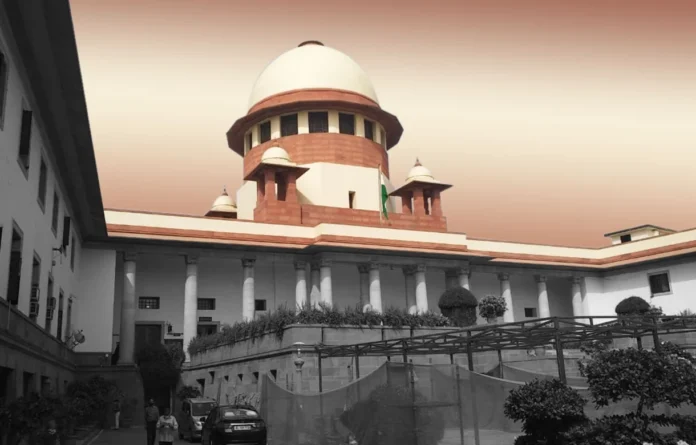The Supreme Court on Wednesday gave the State of Uttarakhand two months time to come up with a rehabilitation scheme for nearly 50,000 people, who have allegedly encroached upon properties belonging to the Indian Railways in Haldwani.
The Bench of Justice Surya Kant, Justice Dipankar Datta and Justice Ujjal Bhuyan passed the order on an application filed by the Union of India/Railways seeking modification of the order staying the eviction of the affected persons.
The petition filed by Railways contended that a retaining wall protecting the railway tracks was demolished by the violent flow of the Ghuala River during the monsoon in 2023. As such, a request has been made for a strip of land to be made available urgently to facilitate the railway operations.
The evictions from the railway lands were ordered by the Uttarakhand High Court in December 2022 on a public interest litigation (PIL) petition. In January 2023, the Supreme Court stayed the High Court’s direction and the interim order was extended from time to time.
Appearing for the Uttarakhand government, Senior Advocate Balbir Singh today apprised the Bench that steps were being taken in terms of the last order of the Apex Court.
He said a joint meeting was convened between the Ministry of Housing, state authorities, and the Railways. A joint team has been formed to carry out a survey to identify the number of families and residents in the affected area, which were claimed to be 4500 families.
Senior Advocate Singh further submitted that the government was currently formulating a rehabilitation scheme for the affected persons. A strip of land measuring 30 hectares has been identified, subject to what Railways may say in its affidavit. He sought time for the identification of land to be relocated, as well as to finalise financial arrangements between the Railways and the state.
Representing the petitioner, Senior Advocate Colin Gonsalves apprised the Apex Court that the retaining wall was almost complete and flooding of the railway tracks was no longer possible.
He argued that there was no need to shift a single person.
Senior Advocate Singh interjected, pointing out that this was not a permanent solution.
After hearing the parties, the Bench suggested the Railways to consider implementing the project in a phased manner, rather than going in one go. In some cases, it may eventually be found that certain persons/families were not required to be shifted, observeed the Apex Court.
The Bench adjourned the matter to enable the government of Uttarakhand to file a concrete proposal.
The top court of the country recorded in its order that the government was seriously considering the rehabilitation of those who were likely to be uprooted by the project. The government of Uttarakhand has been granted 2 months’ time to place a concrete proposal on record. The interim directions would continue in the meantime, it added.
The Apex Court had earlier stated that the authorities should ensure the rehabilitation of people before evicting them. It had particularly pointed out that since many residents were claiming title based on documents, a PIL was not an ‘effective’ remedy to address the disputed questions of fact.
The Chief Secretary of Uttarakhand was earlier directed to convene a meeting with the Railway authorities (Divisional Senior Manager, Uttarakhand) and the Ministry of Housing and Urban Affairs, Government of India, to immediately devolve a rehabilitation scheme subject to such conditions which were fair, just, equitable and acceptable to all sides.
The Central government had submitted that approximately 30.40 hectares of railway/state-owned land was encroached upon and there were about 4,365 houses and over 50,000 residents.
In response to a query, the Government of India apprised the Apex Court that people from 1200 huts were sought to be evicted.


